Newsletter #40
Only the plants can restore order to the body of the earth. Only the plants can reverse the progression of biospheric symptoms. Only the plants can prevent the further unraveling of the fragile web.
Hello Friends!
Welcome all new subscribers and a big thank you to all paid subscribers!
What do you think about the opening quote by David Crow? Do you feel that plants can heal the earth? The plants support the insects, which in turn support the fresh food we need to grow, which in turn, provide us with healthy and delicious food to eat. Plants do some much more, from remediating the soil, to saving water to cleaning the air, to making our world so beautiful.
Since moving to the Hudson Valley 6 years ago, I built River’s Edge Farm, adjacent to my home. In addition to the many foods and medicinal plant and herbs I grow there, I created areas that support biodiversity, and left acres of formerly GMO-ed farmed land to re-wild itself. By doing this, I’m contributing to wildlife corridors which benefit so much in the community from the trees, to plants and people. The proof is the gardens and meadow are teaming with butterflies, dragonflies, bees, birds, praying mantids, fireflies, frogs, toads, snakes and many other animals. It’s heaven to witness.
This issue has a group of other stories I want to share with you from a plant-based food I just tried for the first time; what eco-bartering is and why it’s a great idea; a planet friendly alternative to conventional leather; where trees have email addresses; a story about me and a beautiful short film to watch about an old craft in England. I’ll also be sending a separate newsletter featuring my favorite books on tape to all paid subscribers! Enjoy!
#1-A Healthier Alternative to Conventional Bacon
A few days ago, I posted a photo on Instagram, holding a package of MyBacon by MyFOREST. It’s bacon made from 100% mycelium. This is the first time I have tried a plant-based alternative to regular bacon.
My diet has changed quite a bit over the years, and even though I’m not a vegetarian, I eat a mostly plant-based diet.
Growing up in Maine in the summertime, one of my father’s favorite summer lunches was BLT’s outside on the porch, while looking at the view of the lake below. As summer is drawing to an end, I had to squeeze in a BLT before it’s too late!
Following the directions on the package, the mycelium bacon was very easy to cook, with less smoke and mess than regular bacon. Next time I make it, I will slice the thicker pieces before cooking, into smaller, easier to bite into sizes.
The BLT I made was fantastic! The mycelium bacon was delicious, with the addition of sliced tomatoes and lettuce from the garden at my River’s Edge Organic Farm.
What if we could all enjoy bacon without taxing our planet to the max? Eben Bayer, CEO & Co-Founder of MyForest Foods, explains why mycelium is a key to a more sustainable future—for food, and so much more!
Watch a video about it:
On their site is a list of which shops carry their product.
#2-Eco Bartering
-Trading trash for cash-
Ecobarter is a youth-led sustainable waste-management company that connects homes and local communities to recycling services, such as community exchange centers and doorstep collectors.
The goal is to make responsible consumption and disposal easy. Schools and organizations can have Ecobarter install collection bins on site, where the waste is safely stored and regularly picked up.
The company has an integrated website and mobile app to make it even more convenient for waste producers and collectors alike. Users get points for the weight of the waste they collect, either by delivering it to a drop-off location or by requesting a pickup in their community hub using the app. Plastic, for example, is 1 point per kilogram, whereas metal is 3 points per kilogram, depending on the location and the day.
The points are converted to monetary value, which can be deposited into a bank account and then withdrawn as cash. The points can also be transferred to friends or family using the app, or users can shop at a physical Ecobarter marketplace to purchase eco-friendly household items or subscribe to basic health insurance services.
Recyclables, such as plastic bottles, cartons, and metals, are sold to off-takers who make them into fibers for furniture, egg crates, and new metal products, respectively.
Solid waste management is arguably the most pressing environmental challenge faced by urban and rural areas alike in Nigeria, which generates an estimated 32 million tons of solid waste annually, one of the highest rates in Africa. Nigeria is already Africa’s most populous country, with a current population of more than 200 million people, and that figure is expected to double by 2050.
#3-Cactus Leather
Adrian and Marte, two entrepreneurs from Mexico, have successfully made vegan leather called Desserto, out of nopal cactus. It looks identical to it animal counterpart, without harming animals or the environment in the process.
The leaves are harvested from organically grown cactus plants, cleaned, mashed, and left in the sun for three days before being processed and then grounded into powder. The powder is mixed with a patented formula to produce leather.
Cacti interest around the world has grown with special focus on nopal (Opuntia ficus-indica) because of its unique characteristics, which provides it with resilience towards the limiting conditions previously mentioned. The nopal is capable of growing on land where other crops won’t prosper. It can be used for the restoration of degraded land in many countries, it is the only crop which can be trust where all the others have failed. This plant by its own right should be among the miracles of nature. The cultivation of nopal was originated in Mexico which is still the main producer and consumer in the world.
The increase of nopal plantations can be a strategy to relieve the accumulation of CO2 in the atmosphere. Nopal plantations can be used as water and carbon reserves on arid and semi-arid regions where climate is erratic.
Nopal is also delicious to eat. I love it sliced and grilled, with black beans and rice.
Watch video:
#4- Trees With Email Addresses
-an idea worth doing in our cities-
The city of Melbourne assigned trees email addresses so citizens could report problems.
Instead, people wrote thousands of love letters to their favorite trees.
When they rolled out a program that assigned email addresses to trees in a bid to help identify damage and issues, they discovered that city residents preferred to write them love letters instead.
The city is calling it “an unintended but positive consequence” of their attempt to help citizens track tree damage. On their urban forest data site, Melbourne assigned ID numbers and email addresses to each of the city’s trees so it would be easier to catch and rehabilitate damaged trees.
Is there a tree you would like to write an email to?
#5- Remodelista in August
The DIY Summer Table: Priscilla’s Woolworth Conversation-Starter Place Settings Made from Castoffs
By Margot Guralnick
“Priscilla Woolworth is a green goddess: for decades now, she’s been speaking out about the climate crisis and coming up with artful, approachable ways to avoid waste at home. An LA transplant in upstate NY, she lives at River’s Edge Farm, which, in her words, is “a climate-resilient, carbon-neutral, zero-waste, composting, organic vegetable and medicinal plant mini farm.
From her 1790s farmhouse, Priscilla puts out The Newsletter, her tip sheet of healthy choices and promising environmental news; holds workshops on “the what, why, and how of everything growing here”; and runs The Rabbit Hole, her tiny shop of homemade natural goods (retail runs in her family).
Priscilla also frequently entertains and a DIY of hers recently caught our eye on Instagram: for an outdoor dinner party, she set her table with things found on the ground and rescued from the trash bin.”
Read the whole story in Remodelista
Indeed, much to my family’s chagrin at times, I try and save waste that I see has possibilities, including the large sheets of toilet paper wrapping. I did send the company that make the toilet paper a message, suggesting they print a wrapping paper design on the inside, so that customers could reuse the paper for wrapping gifts. I have yet to hear back from them but hopefully some day soon, that will become the norm. I would love to see glass jars that food is sold in, slightly tweaked to allow for reuse…I’ll stop there for now. I have many ideas of product packaging that could be improved in order to reduce the need to throw it out, but reuse instead.
#6-Movie
Rush
by Sam Pankhurst
Felicity Irons is one of the last remaining UK rush weavers, recently receiving a British Empire Medal for her services to Rush and Heritage Crafts. This film is a meditative portrait on the centuries old processes of the bulrush harvest and the close knit team behind the regeneration of this ancient craft. Unchanged from Anglo Saxon times, the work exists within the constraints of the natural seasons and relies solely on manual labour for a successful summer harvest. Through the team’s reflections, the film touches on inherent frictions between this increasingly unfamiliar way of life and modern expectations.
6:49 mins long
**********************************************************************************************************
Follow me on Instagram for all my latest news! The Rabbit Hole and River’s Edge Farm are both on hiatus until October.
Wishing you a beautiful end of summertime and wonderful Labor Day weekend,
See you in again 2 weeks!
Priscilla




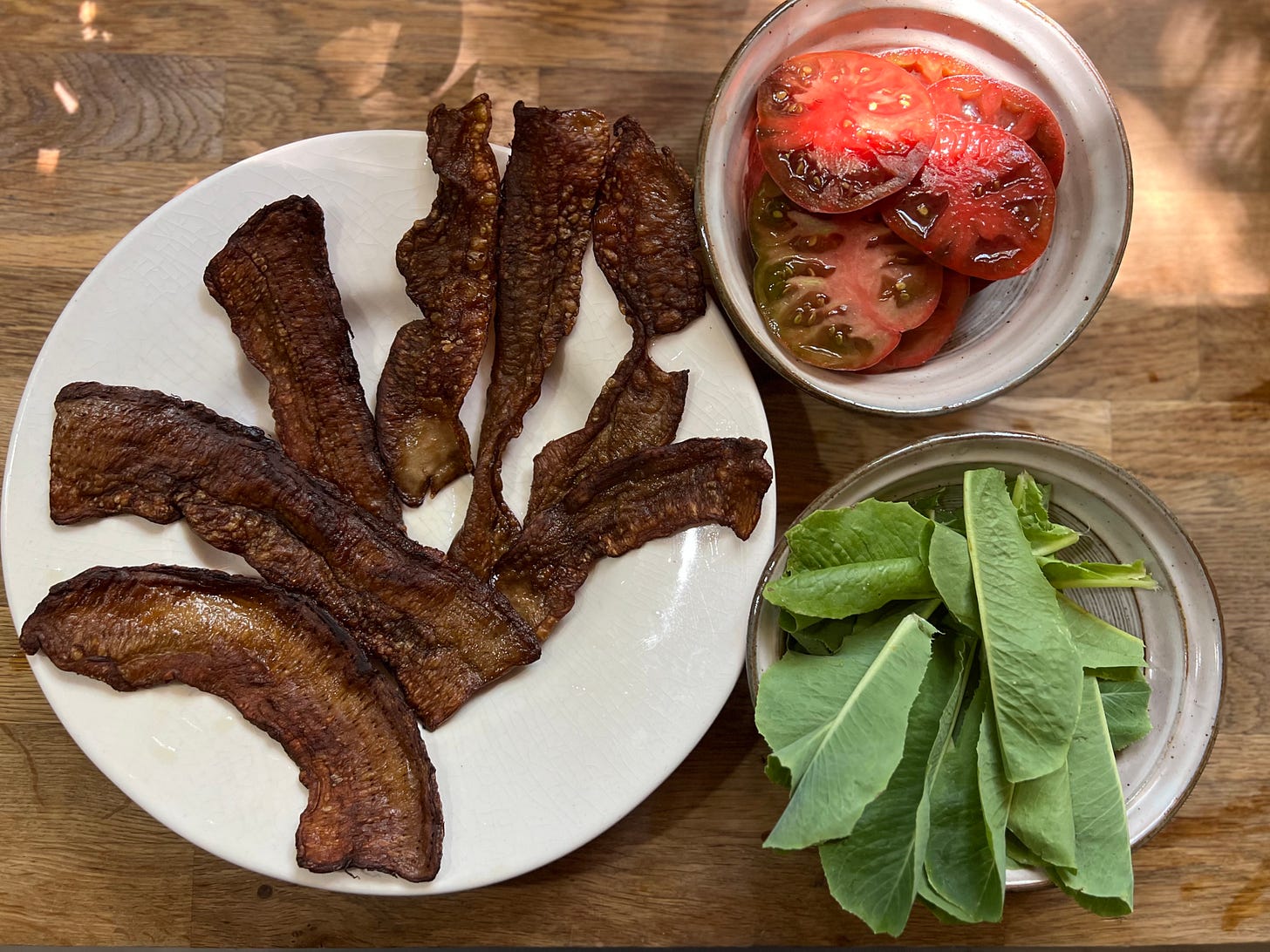

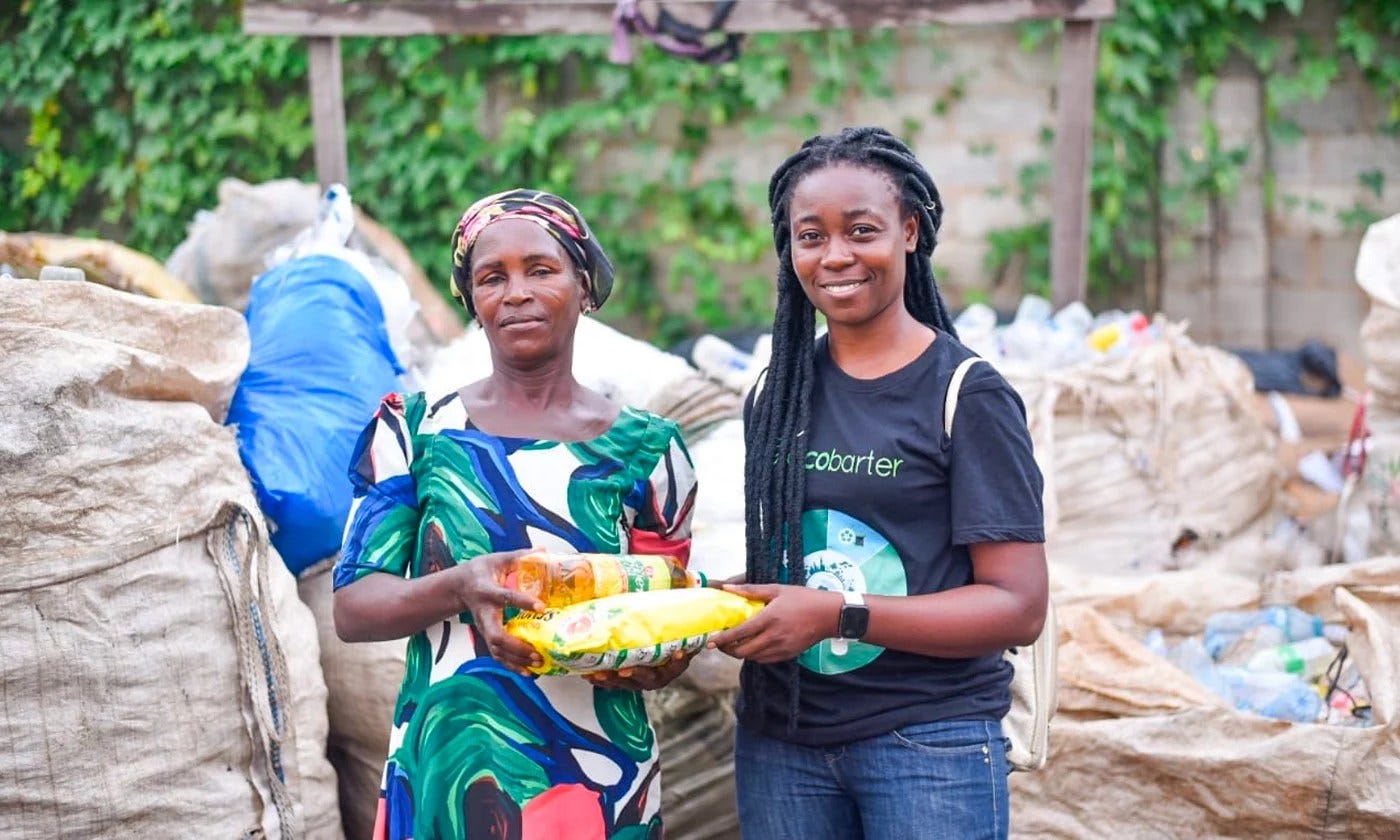

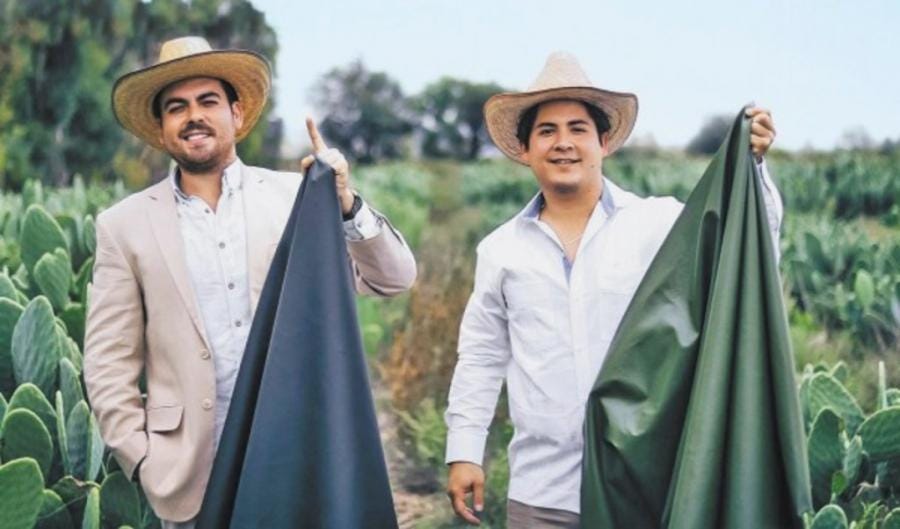



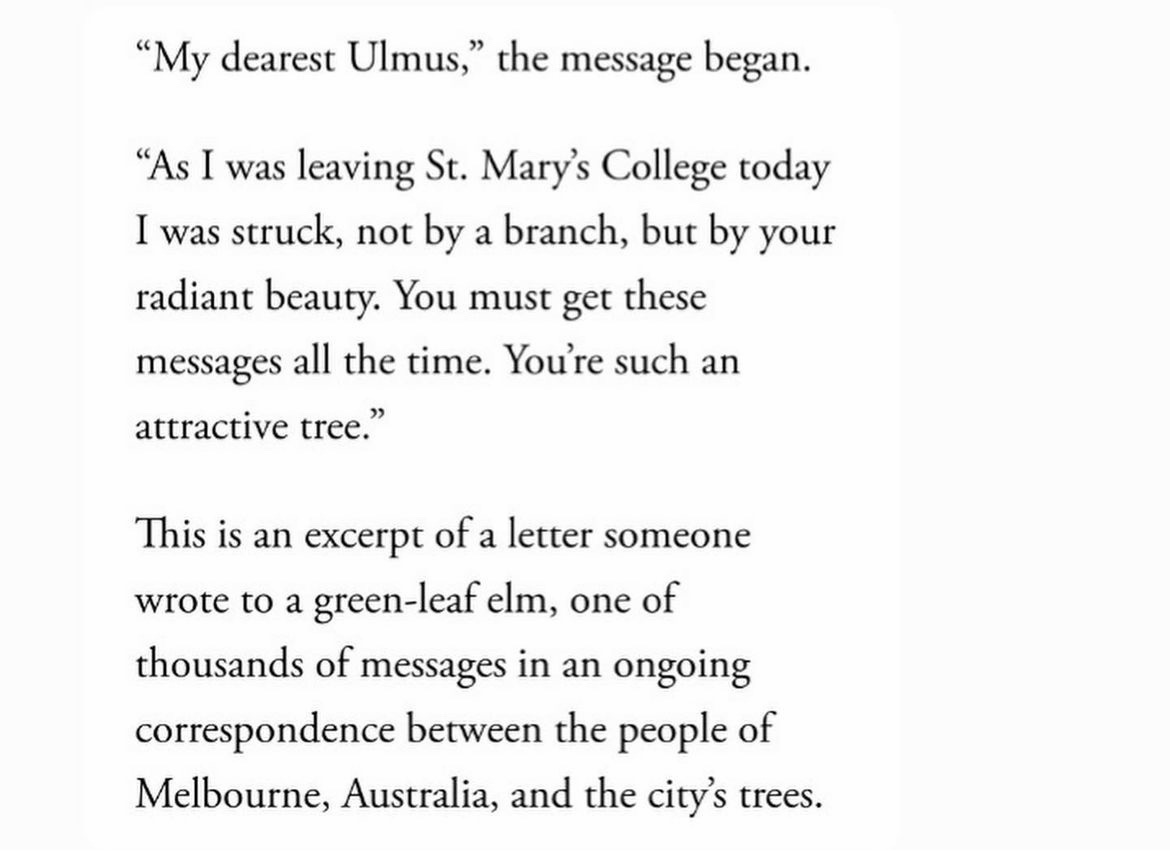

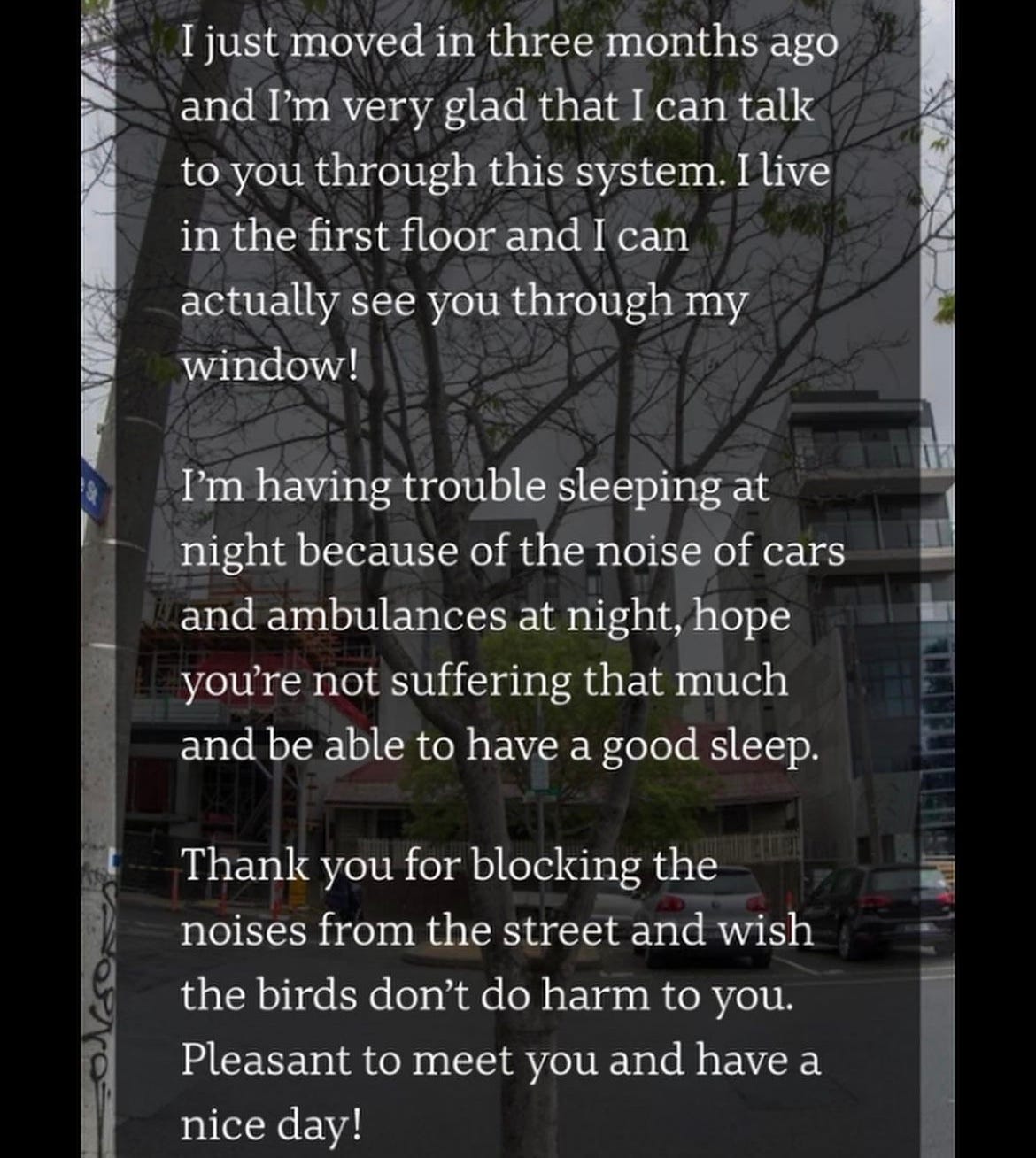
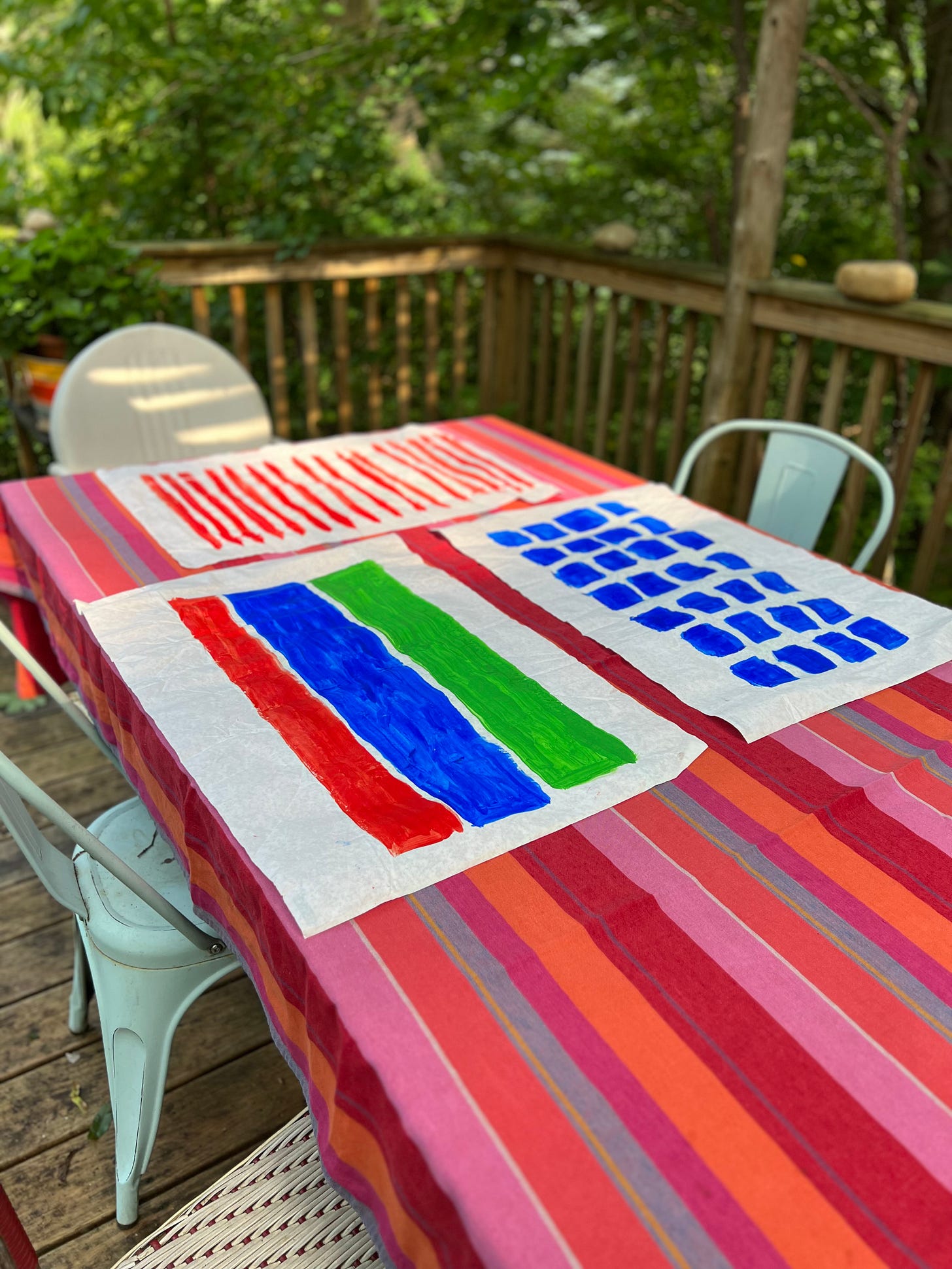
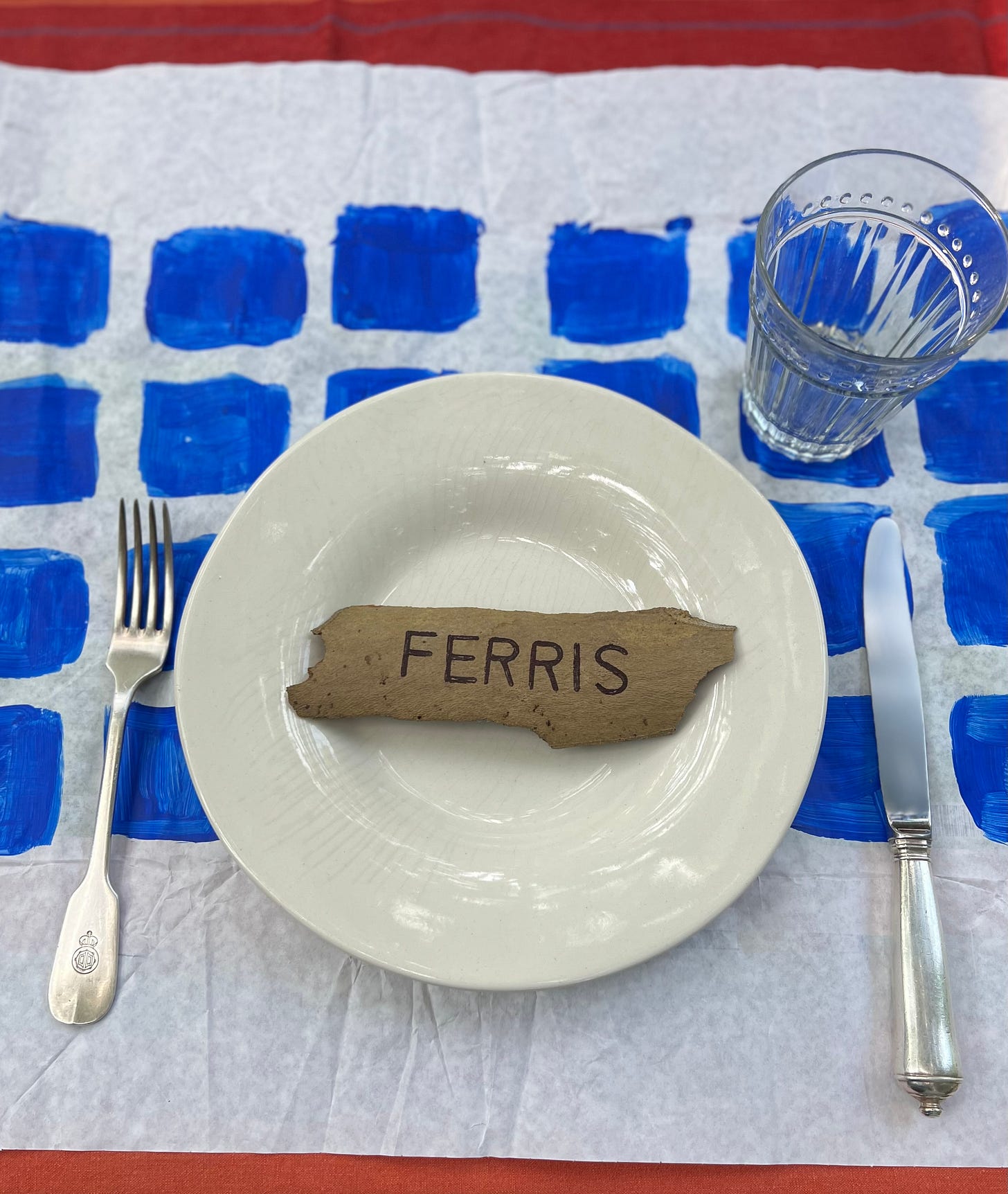
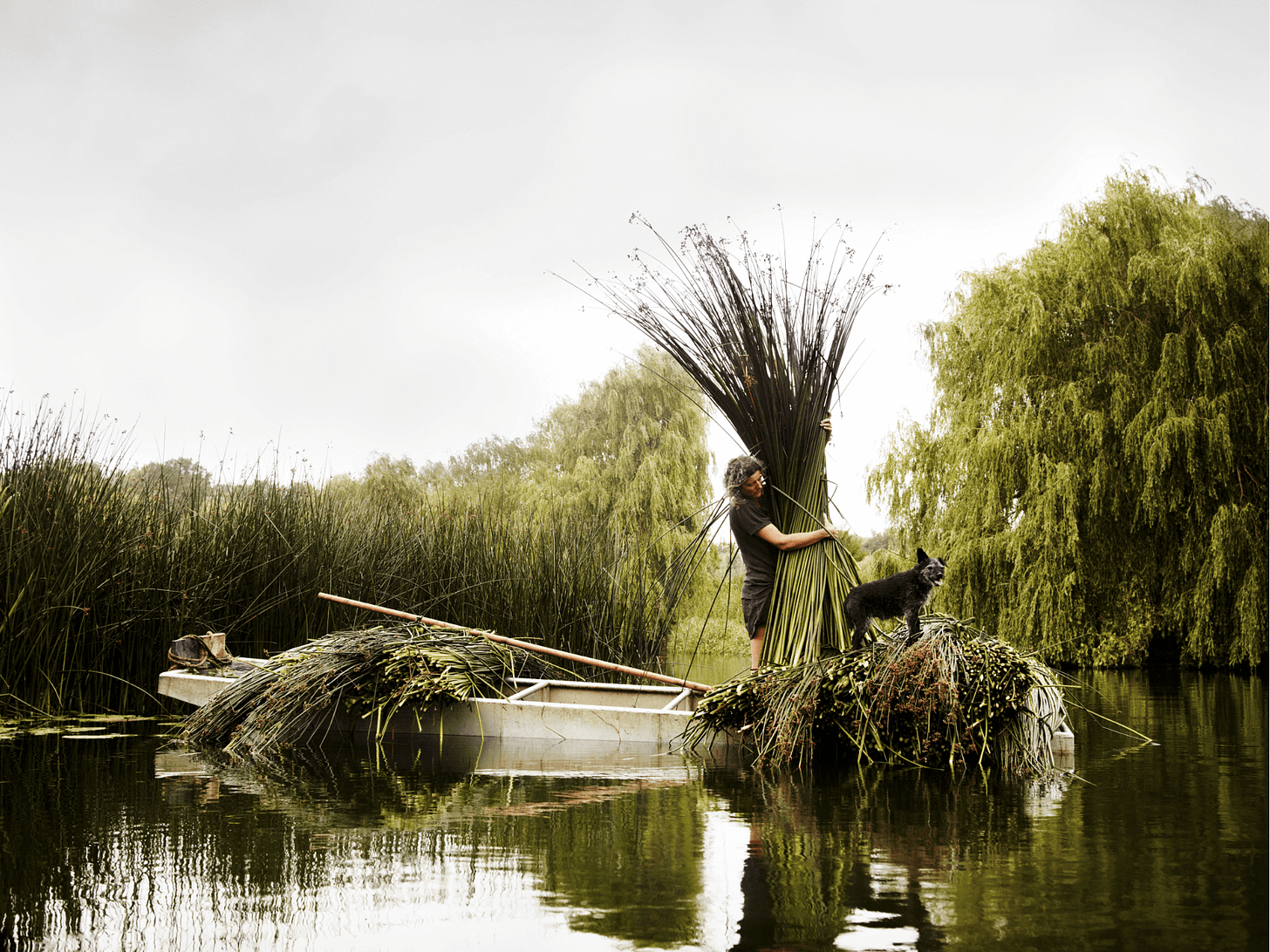
So good